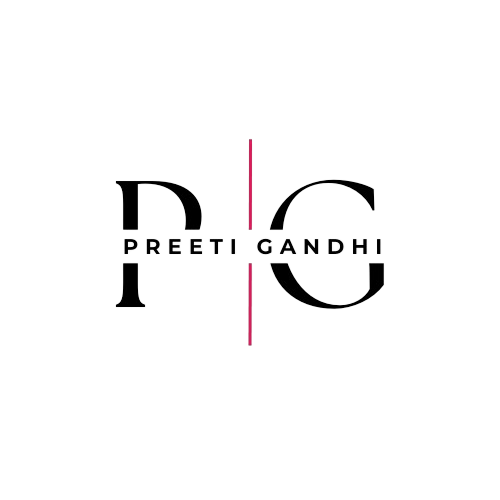Congratulations! Your script is garnering attention, you managed to score an interview with a producer or a broadcast network, and the prospect of a deal is on the horizon. Let’s navigate through the maze of agreements that might be heading your way –release form, option and screenplay purchase agreements. Let’s dive into the nuances of each, shedding light on how each of these might impact your creative journey.
Release Form — the red flag you should not ignore!
Most producers you meet with would send you a release form before the meeting. This Release does not promise you a deal, it does not oblige the producer to use your script either and in some (actually, most) cases, even requires you to forego your legal rights to sue if the producer ends up producing something in the future that is “similar” to your script without your permission. Sounds ghastly, doesn’t it?
Here are few things to keep in mind if you ever find yourself on the receiving end of this. Remember, it is better to stay your ground and ask for what is fair. Your intellectual property is your asset. You should do all that is necessary to protect it.
Getting exclusive: If the Release seeks an exclusive treatment and prevents you from forum shopping with other producers, ensure that there is a time period for exclusivity. Let’s be real, you don’t want to commit for eternity unless there’s a promise ring in the picture.
A private affair: Secrecy is important. Look out for a fairly worded confidential treatment of your script by the producers. If you can push the envelope further, consider attaching a copy of your script with the form identifying it as your work or reference the e-mail through which you shared the script. This identifies and firms up your ownership to the script.
Is this a fair affair? Now, the tough cookie. If there is a provision that requires to acknowledge the possibility of producers releasing a show that may be “similar” to your work and waiving your legal rights in such case, as harsh as it might be, it is the whole point of a Release and I’d suggest to not push to have it removed altogether. It might get sticky. Perhaps, offer an alternative is fair and comforting. Speak to a lawyer, assess your work — reflect on how unique your concept or script is, if your concept is more generic than the script, consider separating the two and assess the possibility of giving up your legal rights for concept alone, however, in all cases, work on a language that does not prevent you from pressing your legal rights if the producer’s work is indeed an infringement of your copyright.
No guarantee, no warranty: Media giants love a good set of warranties from you. While standard warranties do not offer a lot of room to wiggle with, however, if you do find something generic and vaguely worded, press to include “to the best of your knowledge”.
Owning it: It is not uncommon for a producer to cover all their bases and require you to restrict your legal remedies even if they end up producing a show which is a blatant copy of your work. A standard restriction in such cases would limit your right to a claim for damages. What this essential does is, prevents you from seeking an “injunction” from the court — which, take note, is a producer’s biggest nightmare, since an injunction has the potential to stop the producer from airing the show until the dispute is settled. This is one limitation to look out for and fight for. When it comes to a claim of copyright infringement, half the battle is won with a successful order of injunction, whereas a claim of damages is an uphill task, not to mention, time-consuming and is bound to frustrate your cause.
Enough with the fuss, let’s wrap up the legal checklist on a brighter note. Armed with the knowledge of these red flags, you’re better equipped to navigate the agreement landscape like a pro. Here’s to signing deals that match your brilliance!
I’ll be back with more tips on Options Agreement and Screenplay Purchase — the next set of agreements you’ll likely (and hopefully!) face on this journey.

